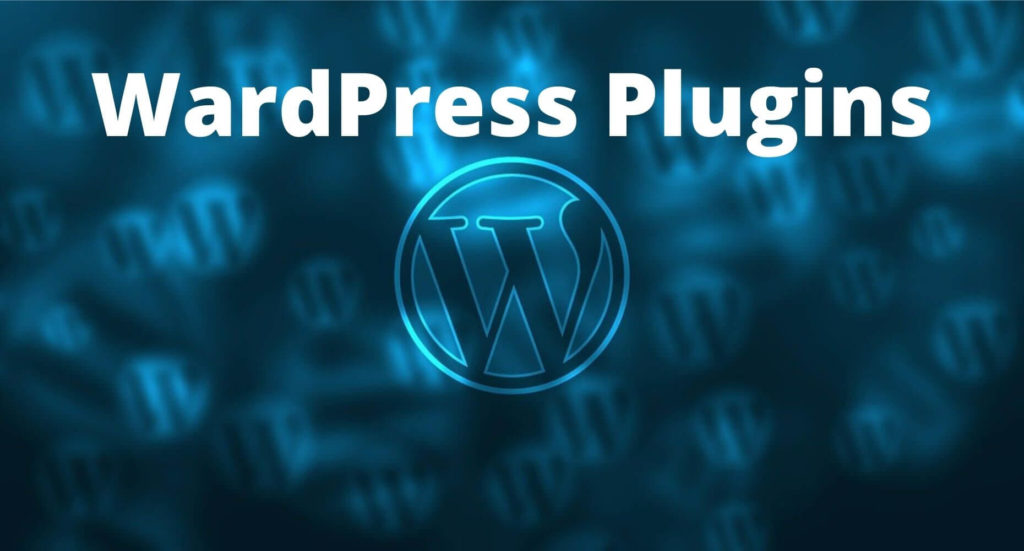So, you’ve decided to embark on the exciting journey of becoming a blogger? Congratulations! Starting a blog today can be an incredibly rewarding experience, both personally and professionally. Whether you’re looking to share your passion, build an online presence, or even monetize your content, blogging opens up a world of opportunities. In this comprehensive guide, we’ll walk you through every step of the process, from choosing your niche to optimizing your content for SEO, and everything in between. Get ready to dive into the world of blogging, Oprah-style!
Finding Your Passion
The first step in starting a successful blog is to identify your passion or area of expertise. Remember, your blog should reflect your interests and knowledge. Don’t just follow the latest trends or niches that seem lucrative; choose a topic that genuinely excites you. Here are some steps to help you find your blogging passion:
1. Self-Reflection
Take some time to think about your interests, hobbies, and areas where you have expertise. What are you truly passionate about? What topic could you discuss endlessly, with absolute uniqueness? Your blog’s content should resonate with your authentic self.
2. Market Research
While following your passion is crucial, it’s also essential to assess the demand for your chosen niche. Conduct market research to determine if there’s an audience interested in your topic. Tools like Google Keyword Planner and Google Trends can be invaluable for this purpose.
3. Narrowing Down Your Niche
Once you’ve identified your general area of interest, consider narrowing down your niche. For example, if you’re passionate about fitness, you could focus on a specific aspect like weightlifting, yoga, or nutrition. A more specialized niche can help you stand out in the blogosphere.
Setting Up Your Blog
Considering your specialized focus, it’s now the perfect moment to establish your blog. Rest assured, you don’t have to possess exceptional technical expertise to initiate the process Here’s a step-by-step guide:
1. Choose a Domain Name
Your domain name is your blog’s web address, so choose it wisely. Make it relevant to your niche and easy to remember. Avoid using complex or hyphenated names.
2. Select a Hosting Provider
Numerous hosting options exist, including providers like Bluehost, SiteGround, and HostGator. Select the one that aligns perfectly with your financial constraints and specific requirements. Many of them offer easy WordPress installation, which is the preferred platform for most bloggers.
3. Install WordPress
WordPress boasts a user-friendly interface and an extensive array of themes and plugins to cater to your unique needs. It’s the go-to choice for bloggers worldwide. The majority of hosting providers provide a seamless, one-click installation process for WordPress.
4. Customize Your Blog
Once WordPress is set up, choose a theme that complements your niche. Tailor the design, typography, and color scheme to perfectly align with your brand identity. Don’t forget to create essential pages like About, Contact, and Privacy Policy.
Crafting Compelling Content
Now that your blog is up and running, it’s time to focus on creating high-quality content that engages your audience and keeps them coming back for more.
1. Content Planning
Craft your content strategy by establishing a well-structured editorial calendar. Decide on the topics you’ll cover, the posting frequency, and the format of your posts (e.g., articles, videos, infographics).
2. SEO Optimization
Optimize your content for search engines (SEO) to increase your blog’s visibility in search results. Use keyword research tools to find relevant keywords for your niche and incorporate them naturally into your content.
3. Quality and Consistency
Consistency is key in the blogging world. Regularly publish well-researched and informative content that adds value to your readers’ lives. Make sure your posts are free of grammatical errors and typos.
4. Engage with Your Audience
Create a dynamic connection with your audience by promptly addressing comments and messages Building a loyal community around your blog can significantly impact its success.
Monetizing Your Blog
While blogging can be a fulfilling hobby, many bloggers also explore ways to monetize their content. Here are some popular monetization methods:
1. Affiliate Marketing
Amplify offerings or services within your niche, and accrue commissions from sales generated via your affiliate links.
2. Advertisements
Display ads on your blog through ad networks like Google AdSense or direct partnerships with advertisers.
3. Sponsored Content
Collaborate with brands and create sponsored posts or reviews in exchange for payment or products.
4. Digital Products
Sell e-books, courses, or downloadable resources relevant to your niche.
Promoting Your Blog
To make your blog successful, you need to promote it effectively. Here are some strategies:
1. Social Media Marketing
Leverage the power of social media platforms to share your content, engage with your audience, and build a following.
2. Email Marketing
Build an email list and send newsletters to your subscribers, keeping them updated with your latest content and promotions.
3. Networking
Establish connections with fellow bloggers and influential figures within your specific niche. Collaborate on projects or guest post on each other’s blogs to expand your reach.
4. SEO Best Practices
Continuously optimize your blog for SEO by creating high-quality, keyword-rich content and building backlinks from reputable websites.
Final Thoughts
Starting a blog today can be a fulfilling and lucrative endeavor if you’re willing to put in the effort and stay committed to your passion. Remember that blogging is a journey, and success may not happen overnight. Stay consistent, keep learning, and enjoy the process of sharing your unique perspective with the world.
If you want to read more information about how to boost traffic on your Website just visit => How to Get Traffic to Your Blog?
FAQ Section
Q1: How do I choose a domain name for my blog, and why is it important? A1: Selecting a domain name for your blog involves considering relevance to your niche and memorability. A concise, easy-to-remember domain enhances brand recognition and accessibility. Avoid complex or hyphenated names to ensure a seamless online presence.
Q2: What hosting provider would you recommend for setting up a blog, and why? A2: I recommend considering hosting providers like Bluehost, SiteGround, or HostGator. Choose based on your budget and specific needs. Many offer user-friendly interfaces and easy WordPress installation, the preferred platform for bloggers.
Q3: How can I optimize my blog content for SEO to enhance visibility in search results? A3: To optimize for SEO, use keyword research tools to find relevant keywords for your niche. Naturally incorporate these keywords into your content. Consistent high-quality posts, free of grammatical errors, and typos also contribute to improved search engine visibility.
Q4: What are effective strategies for monetizing a blog beyond advertising? A4: Explore affiliate marketing by promoting products or services within your niche and earning commissions. Additionally, consider sponsored content, collaborating with brands for paid posts or reviews. Selling digital products like e-books or courses relevant to your niche is another lucrative option.
Q5: How can I effectively promote my blog to build a strong online presence? A5: Utilize social media marketing to share content and engage with your audience. Build an email list for newsletters to keep subscribers informed. Network with fellow bloggers and influencers within your niche, and consistently optimize your blog for SEO through high-quality, keyword-rich content and reputable backlinks.






